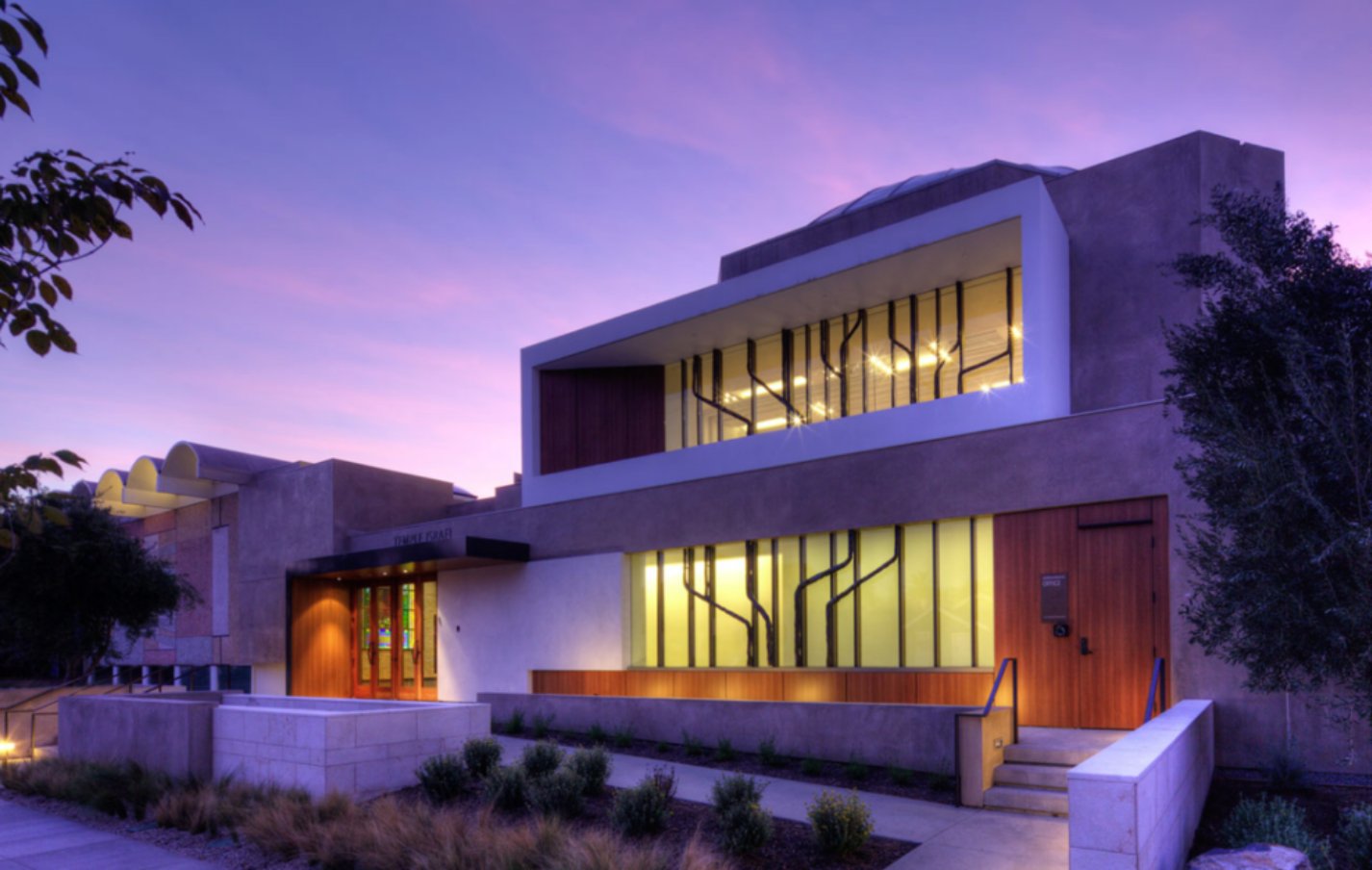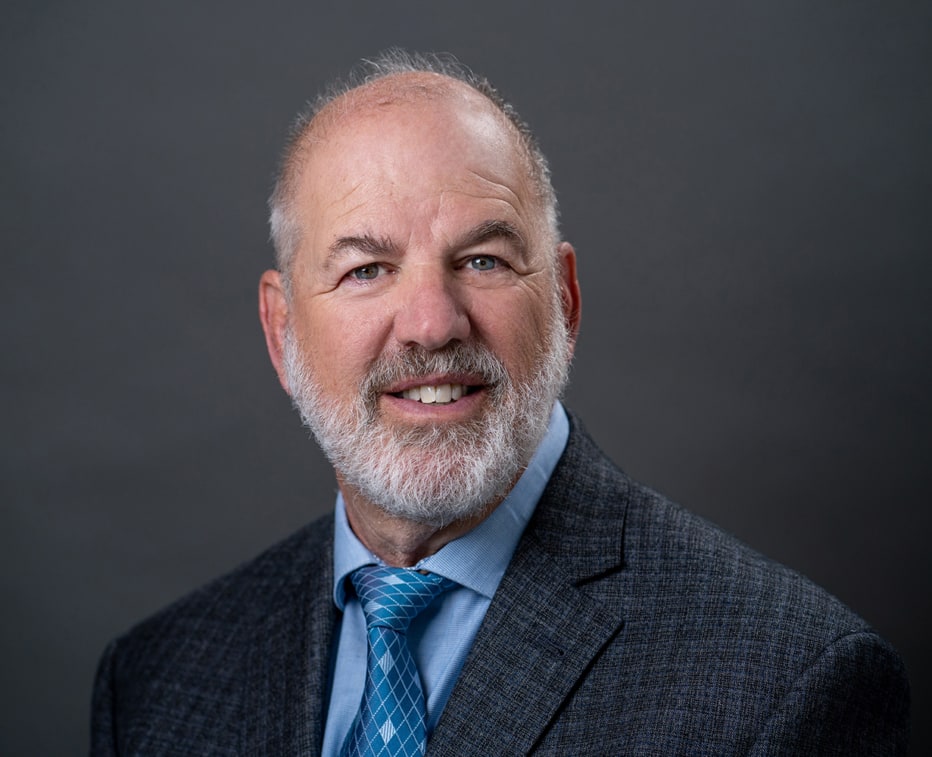
News

A Glimmer of Hope?
May 7, 2025
People are feeling despondant, confused, hopeless, angry, and impotent, asking what can I do? These are just a few of the words we hear about the current events in Israel. The war against Gaza is approaching 2 years and there are nearly 5 dozen hostages that have not been released with an unknown number who are still alive. Even at Temple Israel, known for being a ‘safe place’ to discuss any number of topics, this issue seems to be the proverbial ‘third rail’.
When the Oscar-winning documentary called No Other Land should have been a moment of celebration, it turned into tragedy. Hamdan Ballal, a Palestinian man along with Basel Adra, Rachel Szor, and Yuval Abraham, a team of 2 Israelis and 2 Palestinians, made a film about the destruction of the West Bank town of Masafer Yatta. Unfortunately, after Hamdan Ballal returned to the West Bank after the Oscar ceremony, he was beaten by an Israeli settler and soldiers. Is this just more of the same with no end in sight?
One glimmer of hope came from a March 27, 2025 editorial in the New England Journal of Medicine [NEJM] . It was written by 2 Israeli and 2 Palestinian physicians who have worked together for years. Yasmeen Abu Fraiha, Abdalrahman Ahmed, Noam Alon, Avner Halperin were each profoundly affected by the events of October 7, 2023, including the loss of family members. They observed how the power of health care can bridge the divides of warring populations. The NEJM article postulates that medicine is “founded on trust and open communication…with the potential to build and strengthen trust between communities”. Over the years, health care has been a sanctuary where Palestinians and Israelis train and work together, treating patients regardless of nationality.
The article describes two successful programs, demonstrating how equality in participation and decision-making with frequent interactions, can help build dialogue and trust. Road to Recovery is a volunteer organization of Israelis driving Palestinians through checkpoints to obtain health care (www.theroadtorecovery.org.il) in Israel. The second program, Physicians for Human Rights Israel, operates mobile clinics in Palestinian territories where access to hospitals and clinics has been severely impacted (www.phr.org.il/en/about).
We all hope that Israelis and Palestinians can live peacefully in the future. The answer may lie with physicians on both sides leading the way. The “battle that all health care professionals wage against death and disease, drawing on their shared values grounded in humanitarianism and justice, binds them in partnership”.
May it be so.